The Providence College Humanities Forum FA2024

Fall 2024 Humanities Forum Schedule
The Humanities Forum is an opportunity for members of the Providence College community to engage regularly in intellectual life outside of the classroom, deepen their appreciation for the humanities, and explore diverse perspectives from on and off campus. All are welcome.
If you do not have a Providence College email address, you may request to receive our regular email announcements by sending an email to pbelcher@providence.edu.
September 13, 2024
In collaboration with the School of Nursing and Health Sciences
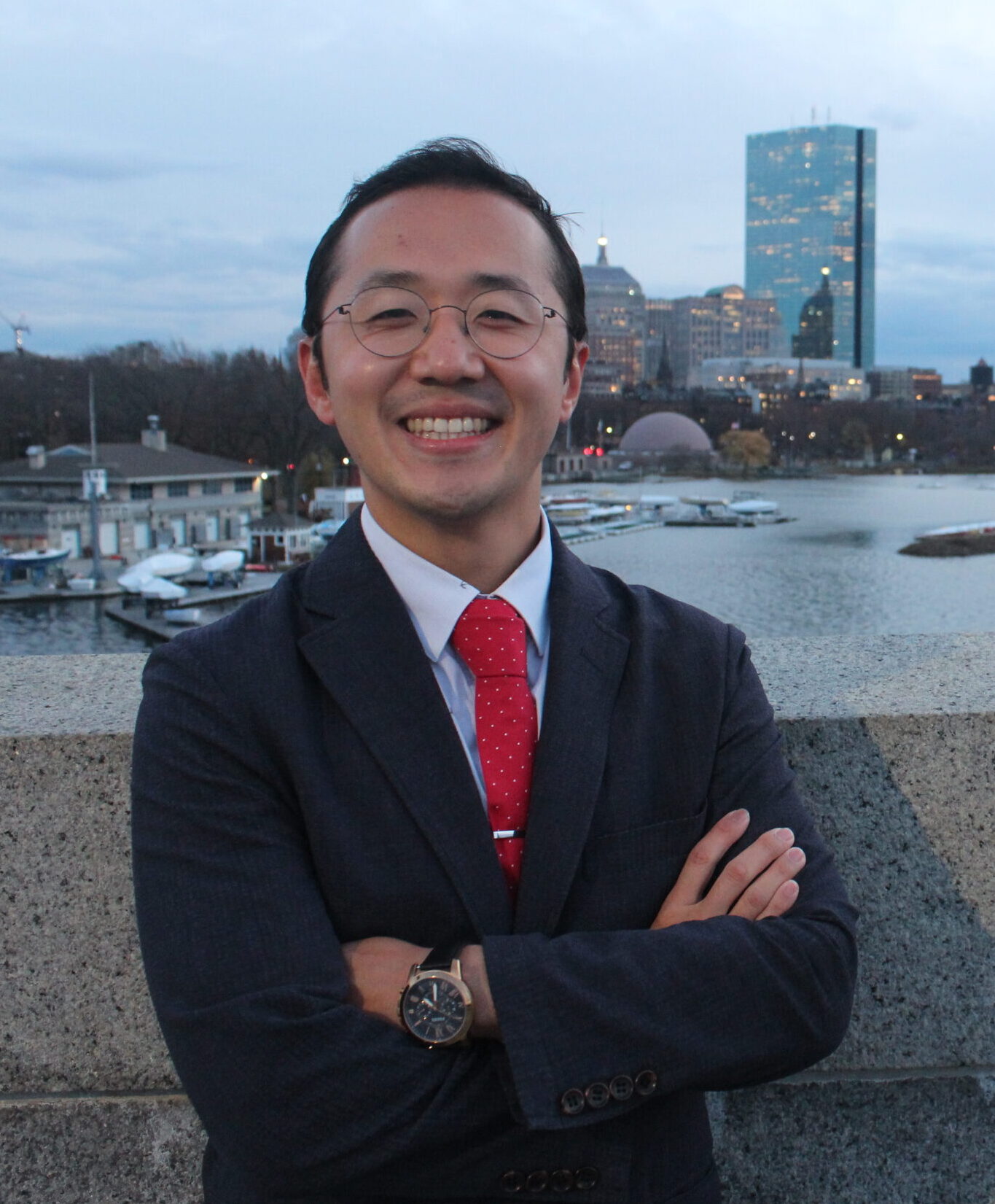
Human Flourishing at the End of Life
John Y. Rhee, MD MPH
Physician, Center for Neuro-Oncology & Division of Adult Palliative Care, Dana Farber Cancer Institute / Brigham and Women’s Hospital and Instructor of Neurology, Harvard Medical School
Friday, September 13 at 3:30 p.m.
Can we flourish at the end of life? End-of-life often comes with decreasing physical and mental functionality, and many patients fear their final days and what their quality of life may look like. But the period of one’s end-of-life may also present possibilities for a unique realization of human goods — such as the consolidation of a personal narrative, a deepening of close relationships, and a growth in character and virtue. With a contextualized understanding of what human flourishing may look like as death approaches, we find unique aspects of human flourishing particular to the end-of-life context.
Read more about this event.
John Y. Rhee, MD MPH, is a board-certified neurologist, neuro-oncologist, and palliative care specialist at Dana Farber Cancer Institute and Instructor of Neurology at Harvard Medical School (HMS), where he takes care of patients with brain cancer and their palliative care needs and runs a supportive care research program for brain tumor patients. He was formerly Chief Resident of Neurology at Mass General Brigham and received his MD/MPH with Distinctions in Medical Education, Research, and Global Health from the Icahn School of Medicine at Mount Sinai. He is Director and Founder of the Piermont Residence, a young professional and graduate student residence dedicated to forming young men in human virtues and the interior life. Dr. Rhee is also Co-Founder, Vice Chair, and Executive Director of the Hippocratic Society, a community of physicians and trainees at chapters across the country forming current and future clinicians in the practice and pursuit of good medicine.
September 20, 2024
Sponsored by a Constitution Day grant from the Jack Miller Center
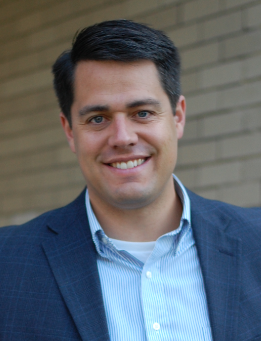
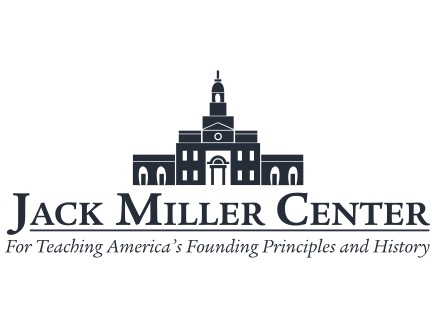
Why September 17 Matters and What All Americans Should Know about Our Constitution
Jerome Foss
Endowed Professor of Catholic Thought and Culture at Saint Vincent College
Friday, September 20 at 3:30 p.m.
Ruane Center for the Humanities 105
Everyone knows the date that delegates of the Second Continental Congress signed their names to the Declaration of Independence. Americans commemorate its anniversary every July 4th with parades, barbeques, and fireworks. Why don’t Americans similarly celebrate the signing of the proposed document crafted at the 1787 Constitutional Convention? This talk will make the case that September 17 should be a day of celebration commensurate with, if not surpassing, July 4. The talk will review the history that led to the Constitutional Convention, the tension that animated its proceedings, the institutions that emerged from its debates, and some common misperceptions about the text that should be the focus of our civic celebrations: the U.S. Constitution.
Read more about this event.
Jerome C. Foss is Endowed Professor of Catholic Thought and Culture at Saint Vincent College. Foss teaches in the Political Science Department, directs the Center for Catholic Thought and Culture, edits the journal Conversatio, co-directs the SVC Summer Institute in Rome, is the current Director of the SVC Core Curriculum, and serves as the Executive Secretary for the Society of Catholic Social Scientists. Foss publishes and speaks in the areas of American political thought, Catholic thought, and literature and politics. His most recent book is Flannery O’Connor and the Perils of Governing by Tenderness. He resides in Latrobe, Pennsylvania with is his wife and eight children.
September 27, 2024
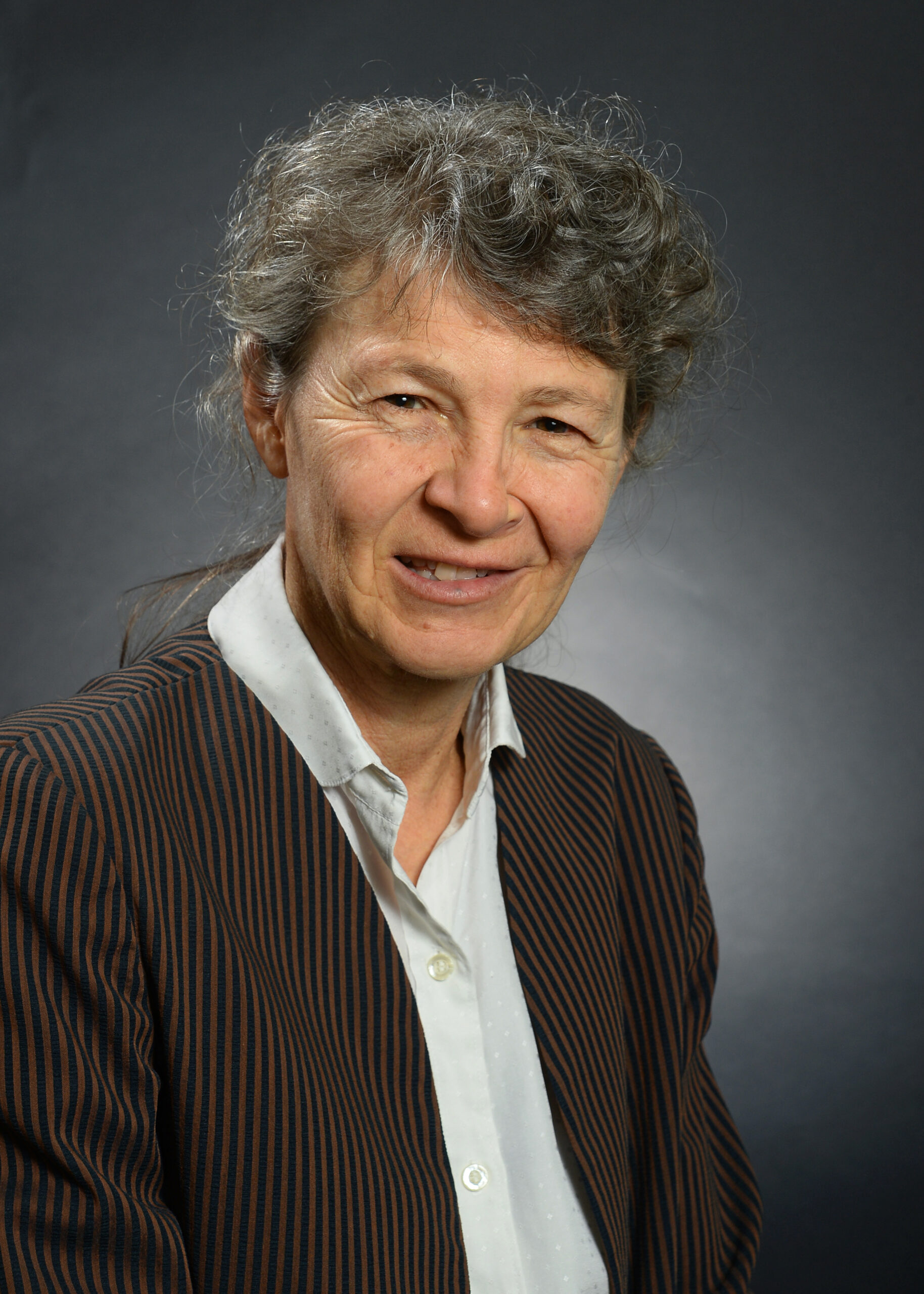
Integral Ecology: Augustine, Aquinas, and the Recent Popes on Care for Creation
Marie George
Professor of Philosophy, St. John’s University
Friday, September 27 at 3:30 p.m.
Ruane Center for the Humanities 105
Should recent Catholic Church teachings on the environment be regarded as suspect? In the eyes of some, these teachings appear to be without precedent in the Church’s tradition and unduly influenced by a secular movement, some of whose members are fixated on reducing CO2 in the atmosphere by reducing human populations through means such as abortion. But an examination of Pope Benedict’s notion of “integral ecology” allows us to see that the Church’s vision of care for nature is both more expansive than that of the various forms of secular environmentalism and also solidly rooted in traditional Catholic teachings.
Read more about this event.
Marie George is Professor of Philosophy at St. John’s University in New York and the author of Stewardship of Creation: What Catholics should know about Church Teaching on the Environment (Saint Catherine of Siena Press, 2009). She writes for Catholic Rural Life, is a member of the Long Island Botanical Society, and is an avid hiker. Her book Plants, Animals, People, Aliens is forthcoming from The Catholic University of America Press.
October 4, 2024
In collaboration with the C.S. Lewis Fellowship
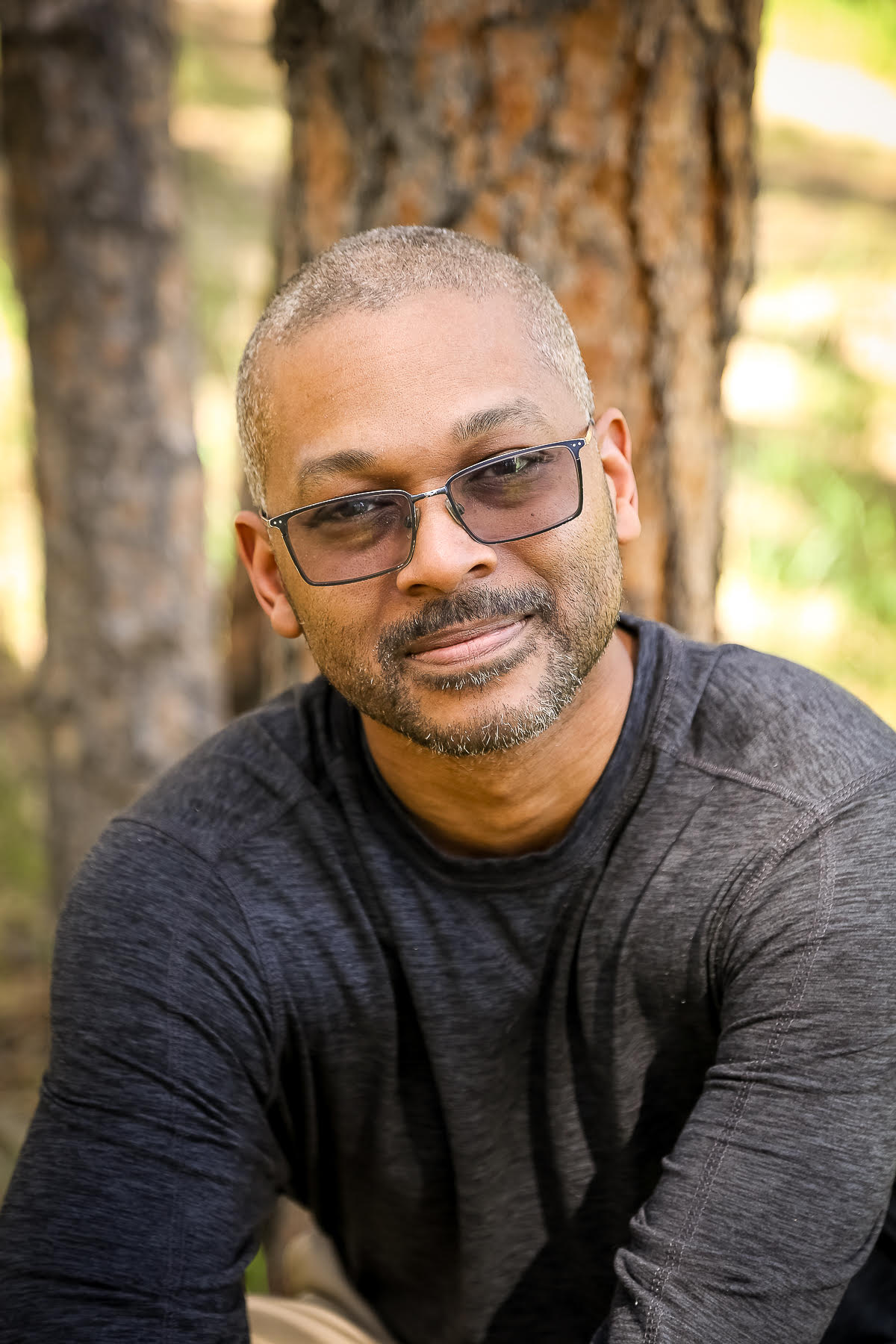
Fairies, Angels, and the Human Heart: Nature and Supernature in Conversation
Junius Johnson
Independent scholar and teacher
Friday, October 4 at 3:30 p.m.
Ruane Center for the Humanities 105
Writers like C. S. Lewis, G. K. Chesterton, and J. R. R. Tolkien drew upon the fairy tradition in folklore to discuss the dynamics of Christian salvation. At first glance, this is quite strange: historically, Christianity worked to suppress fairy folklore, which it considered superstitious at best, and vestigial paganism at worst. And yet any who have drunk at the well of Narnia or The Lord of the Rings knows that these writers were on to something. This talk will explore the nature of fairies and angels, as well as the dynamics of the human heart, and demonstrate that it is just possible that Fairyland is indeed a sort of neighboring kingdom or back door into the Christian vision of blessedness.
Read more about this event.
Junius Johnson is a writer, teacher, speaker, independent scholar, and musician. His work focuses on beauty, imagination, and wonder, and how these are at play in the Christian and Classical intellectual traditions. He is the author of 5 books, including The Father of Lights: A Theology of Beauty, and On Teaching Fairy Stories. Junius holds an MA, two MPhils, and a PhD (Philosophical Theology) from Yale University, and is the executive director of Junius Johnson Academics, through which he offers innovative classes for both children and adults that aim to ignite student hearts with wonder and intellectual rigor. He co-hosts The Classical Mind podcast and is a member of The Cultivating Project.
October 18, 2024
St. Albert the Great Lecture in Science and Humanities (in honor of Louis Verza)
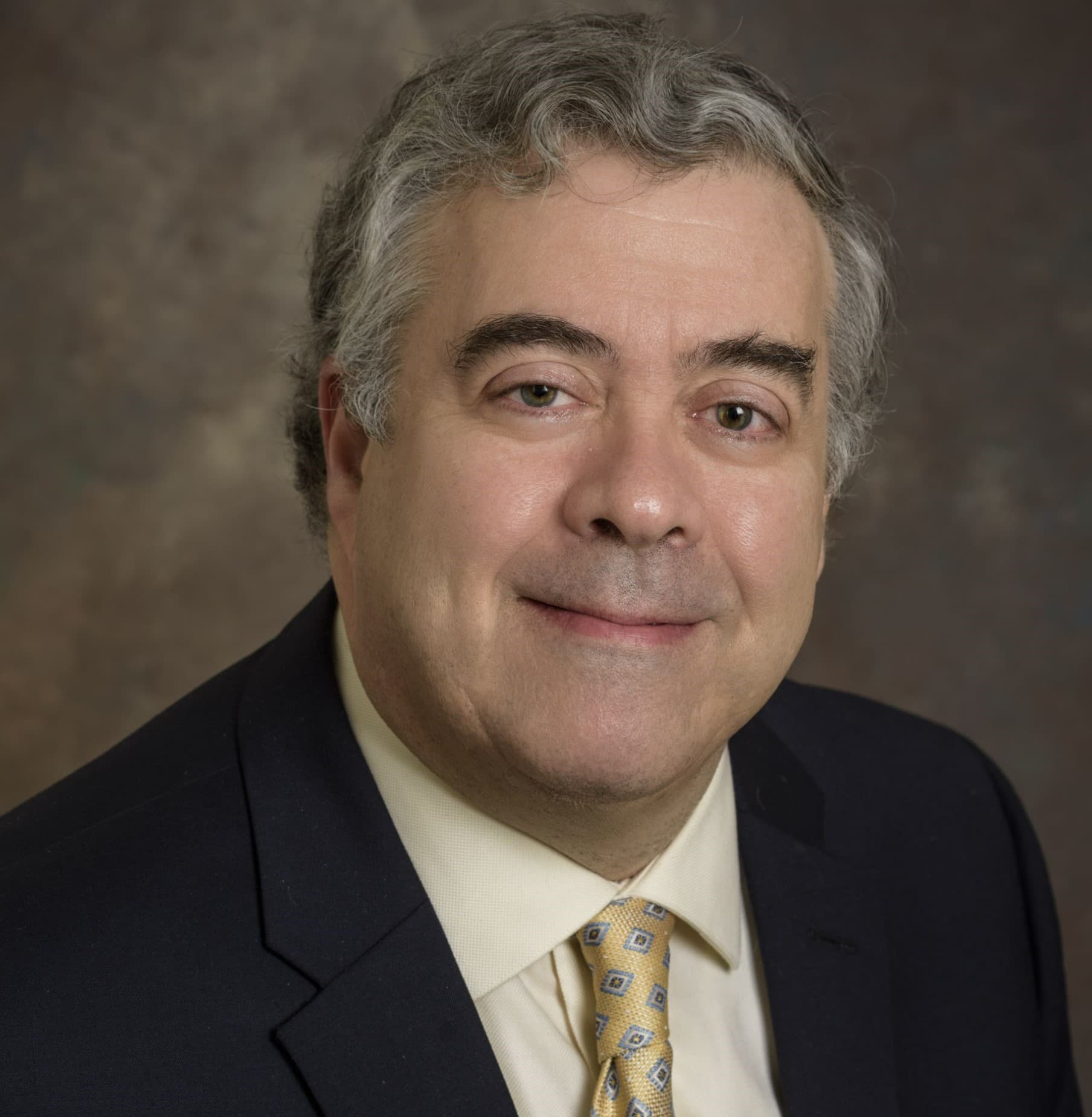
Is Consciousness Reducible to Physics?
Stephen Barr
President of the Society of Catholic Scientists and Professor Emeritus of theoretical particle physics at the University of Delaware
Friday, October 18 at 3:30 p.m.
Ruane Center for the Humanities 105
The well-known scientist Carl Sagan once declared, “I am a collection of water, calcium, and organic molecules called Carl Sagan.” This idea — that matter is the only reality and that everything, including human beings, is therefore entirely reducible to physical explanation — is called “materialism” or “physicalism.” It has had enormous influence in the modern world and contributed to the loss of religious belief and respect for human dignity. In this talk, physicist Stephen Barr will explain why a number of well-known physicists and philosophers have argued that the phenomenon of consciousness is not reducible to physics and thus refutes physicalism.
Read more about this event.
Stephen Barr is President of the Society of Catholic Scientists and Professor Emeritus of theoretical particle physics at the University of Delaware. He was elected a Fellow of the American Physical Society for his contributions to theories of the unification of the fundamental forces and the cosmology of the early universe. He is the author of Modern Physics and Ancient Faith and The Believing Scientist. He was elected in 2010 to the Academy of Catholic Theology and was awarded the Benemerenti Medal by Pope Benedict XVI.
October 25, 2024
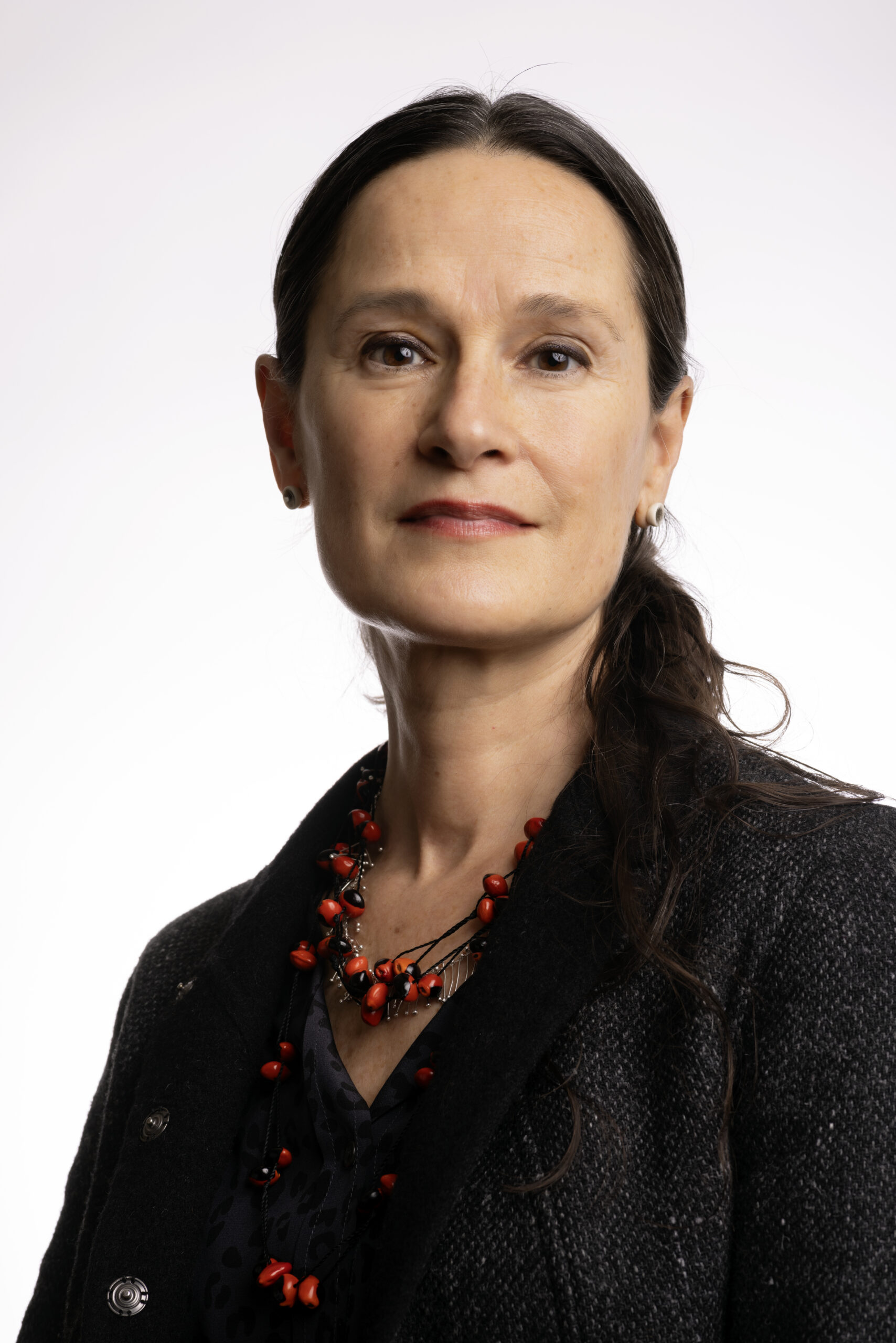
Rebel Stances: The Antigones of Sophocles, Virginia Woolf, and Athol Fugard
Nancy Worman
Professor of Classics, Barnard College
Friday, October 25 at 3:30 p.m.
Ruane Center for the Humanities 105
How do we make sense of the character of Antigone? This talk explores how Antigone is positioned – physically, emotionally, and ideologically – in the different settings of Sophocles’ Antigone, Virginia Woolf’s The Years and Three Guineas, and Athol Fugard’s The Island. Always a figure of rebellion, Antigone is embodied by each writer in distinctly meaningful ways. While Sophocles stages her resistance to Creon as physically isolated, Woolf deploys her outsider status to depict female embodiments and attitudes that challenge the status quo. Fugard and his collaborators take up Antigone as a means of highlighting the contrasting perspectives of the incarcerated rebels who stage a very succinct revision of Sophocles’ play. Thus all three writers, including the ancient dramatist, find in Antigone a stance that joins political resistance to unconventional and uncompromising deportments.
Read more about this event.
Nancy Worman is Professor of Classics at Barnard College and affiliated with Barnard’s Program in Comparative Literature and Department of Women’s, Gender, and Sexuality Studies. Her research focuses on style and the body in performance in classical Greek drama and its reception, as well as rhetoric and ancient and modern literary criticism and theory. She has published books and articles on these topics, including Landscape and the Spaces of Metaphor in Ancient Literary Theory and Criticism (Cambridge 2015), Virginia Woolf’s Greek Tragedy (Bloomsbury 2019), and Tragic Bodies: Edges of the Human in Greek Tragedy (Bloomsbury 2021), which won the 2022 PROSE Award for Classics. Her current research is focused on embodiment in ancient and modern literary theory and feminist receptions of ancient literature, including a forthcoming book entitled Bodies of Theory.
November 1, 2024
Ex Corde Ecclesiae Lecture
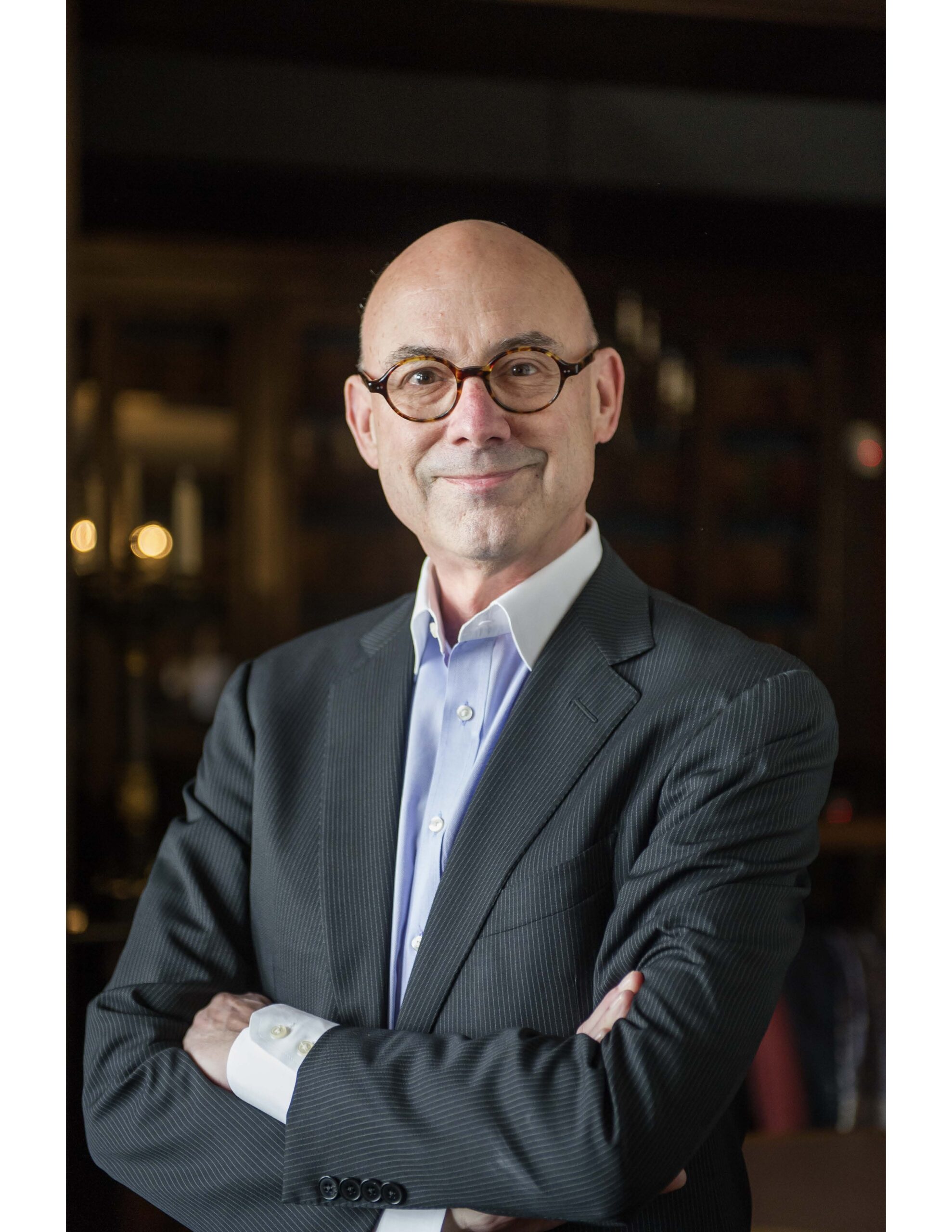
What is a “Social” Encyclical? Opportunities and Difficulties in the Magisterial Tradition
F. Russell Hittinger
Research Professor of Philosophy, Catholic University of America
Friday, November 1 at 3:30 p.m.
Ruane Center for the Humanities 105
In George Bernanos’ The Diary of a Country Priest, the older curé instructs the younger priest: “… that famous encyclical of Leo XIII ‘Rerum Novarum,’ you can read that without turning a hair, like any instruction for keeping Lent. But when it was published, sonny, it was like an earthquake.”
Read more about this event.
F. Russell Hittinger is the Executive Director of the Institute for Human Ecology at the Catholic University of America, where he is also a co-founder of the Program on Catholic Political Thought. Since 2022 he holds the position of Research Professor Ordinarius in the School of Philosophy. He has served on the Pontifical Academy of Social Sciences and the much older Pontifical Academy of St. Thomas Aquinas. He has taught at several important universities around the world, most enjoyably as the Randall Chair at Providence College (2007-08). In 2023-2024 he was honored to receive a lifetime achievement award from the Fellowship of Catholic Scholars and the Aquinas Medal from the American Catholic Philosophical Association. His most recent book is On the Dignity of Society (CUA, October 2024).
November 8, 2024
Opening address of the “Philosophy in the Aristotelian Tradition” Conference
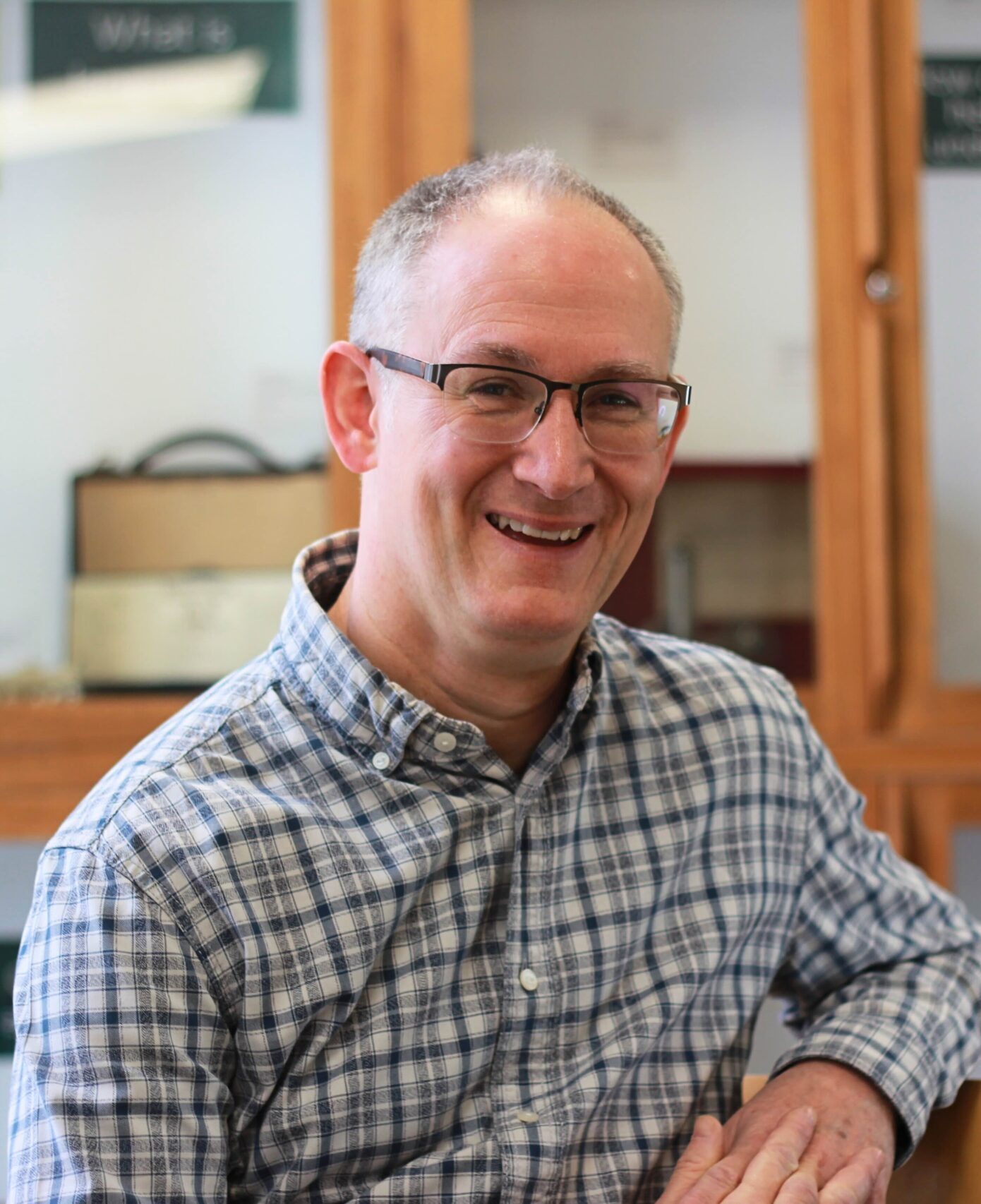
Aristotle on the Persuasive Use of the Passions
Jamie Dow
Associate Professor of Philosophy at the University of Leeds
November 8 at 3:30 p.m.
Ruane Center for the Humanities 105
Is the persuasive use of emotions a form of manipulation? Should our public institutions, assemblies, and committees discourage passionate speech? Or is that politically harmful, silencing the most vulnerable? On what principled basis might persuasive emotional speech be defended? Recent decades have seen a resurgence of interest in Aristotle’s views on the emotions. But most of the new research has neglected his original purpose in analysing them: persuasion. How does emotional persuasion work, according to Aristotle? And how can the arousal of emotion be defended as a beneficial part of public deliberation? This talk offers a picture of Aristotle’s understanding of how persuasion is achieved through emotion-arousal. It identifies two mechanisms that Aristotle seems to have in view. In one the representational contents of emotions provide premises for arguments. In the other, the emotions serve to fix the subject’s attention on their objects. We will consider the prospects for defending each of these against the charge that using emotions in this way is manipulative.
Read more about this event.
Jamie Dow is Associate Professor of Philosophy at the University of Leeds. He is a specialist in Ancient Philosophy and Applied Ethics. He has played a leading role in the development and growth of the IDEA Ethics Centre in Leeds since 2006, soon after its inception. After graduating from Oxford with a degree in Classics, he worked in management in the textiles industry and then in management consultancy, and continues to be interested in those sectors. He then undertook graduate work in philosophy at King’s College London, and the University of St Andrews. His main research interests are in ancient rhetoric and psychology, and in the ethics of leadership, persuasion, and influence in our own time. He is working on two books, one on ancient rhetoric, the other on the ethics of leadership today. His previous work includes Passions and Persuasion in Aristotle’s Rhetoric (OUP 2015), and numerous articles in various scholarly journals and collections.
November 15, 2024
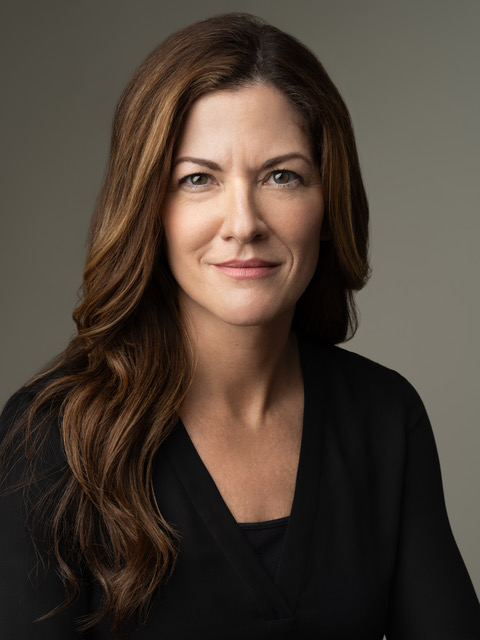
Defending the Human in the Digital Age
Christine Rosen
Senior Fellow, American Enterprise Institute
November 15 at 3:30 p.m.
Ruane Center for the Humanities 105
Technology has colonized nearly every public and private space, and most of us spend more time staring at screens than at our fellow human beings. How has this changed us? What crucial human experiences have we undermined in our pursuit of lives of greater convenience and efficiency? What important human skills — such as face-to-face communication, working with our hands, practicing patience, and understanding our own and each other’s behavior — have deteriorated as we outsource more of our decision-making to technology? What does it mean to defend the human and what human values should we be cultivating to counteract the powerful pull of our technologies?
Read more about this event
Christine Rosen is a senior fellow at the American Enterprise Institute, where she focuses on American history, society and culture, and technology and human behavior. She is also a monthly columnist for Commentary magazine, one of the cohosts of The Commentary Magazine Daily Podcast, a fellow at the University of Virginia’s Institute for Advanced Studies in Culture, and senior editor at The New Atlantis. She was previously a distinguished visiting scholar at the Library of Congress.
Rosen is the author or coauthor of many books and book chapters. Her books include The Extinction of Experience (W. W. Norton, 2024); My Fundamentalist Education: A Memoir of a Divine Girlhood (PublicAffairs, 2005), which was named one of the best nonfiction books of the year by the Washington Post; and Preaching Eugenics: Religious Leaders and the American Eugenics Movement (Oxford University Press, 2004). Her opinion pieces, articles, and reviews have appeared in the Los Angeles Times, National Affairs, National Review, the New Atlantis, the New Republic, the New York Times, MIT Technology Review, Politico, Slate, the Wall Street Journal, the Washington Post, and the New England Journal of Medicine, among other outlets.
Rosen has a PhD in history, with a major in American intellectual history, from Emory University, and a BA in history from the University of South Florida. She also holds a third-degree black belt in aikido and is a martial arts instructor. She lives with her family in Washington, D.C.
December 6, 2024
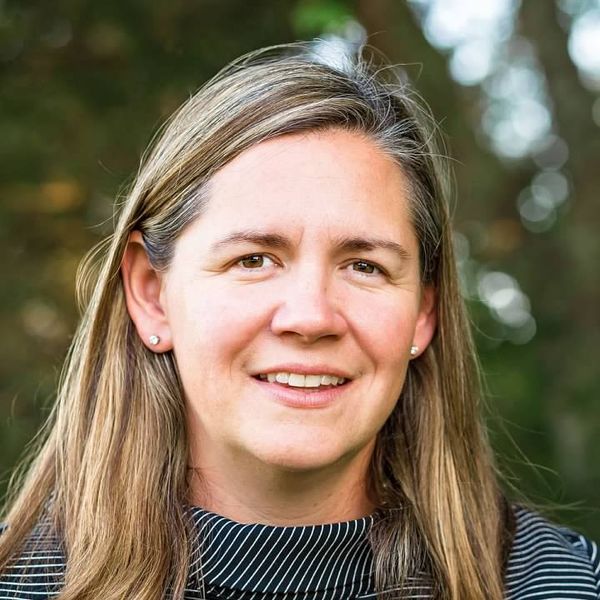
“Angel ‘Outside’ the House?: How Lay Convert Women Transformed Catholicism in England
Kathryn Lamontagne
Lecturer in Social Sciences and History, Boston University
Friday, December 6 at 3:30 p.m.
Ruane Center for the Humanities 105
When English women of social privilege converted to Catholicism in late 19th and early 20th century England, they exhibited autonomy very unusual for women of the time — pushing against traditional notions of Englishness and femininity. This is New Womanhood: rejecting all passively suggested ideas of English Victorian Womanhood and setting out on one’s own path. But they joined an English Church that was itself full of new converts, and at times not quite sure what to do with them or their ideas. As this talk will show, this ambiguity surprisingly often resulted in lay women being brought more closely into the fold of the Church and becoming an important foundation of the growing Church. But were their ideas in fact Protestant? Political? Could their membership damage the existing community? This talk will argue that lay female converts helped to remold and rethink old modes of True Catholic Womanhood, but did so in a way that shows their complete dedication to their new faith. They were ‘pious transgressors.’
Read more about this event.
Kathryn Lamontagne, PhD, FRHS, is a lecturer in Social Sciences and History at Boston University, College of General Studies. She is a social and cultural historian who works in areas of gender, sexuality, and faith in the British Atlantic world. She is the author of Reconsidering Lay Catholic Women: Pious Transgressors in Late Nineteenth and Early Twentieth Century England (Routledge, 2024) and has published on the intersections of working-class life in Fall River, Massachusetts, and Radclyffe Hall & Cultural Catholicism. She holds MAs from Providence College, University of London, and Boston University, where she completed her doctoral studies in 2020. A former member of the Royal Household, she regularly appears in the US media as an expert on the British Royal Family.
A loyal Friar, Kathryn graduated from Providence College in 2001 with a BA in the Humanities with a focus on American-Canadian Studies and a minor in Political Science. She earned her MA in European History at PC in 2003. She co-founded the Kerry Anne O’Keefe ’01 Memorial Scholarship at PC, is the past co-president of the London, England Alumni Club, the past president of the SouthCoast Alumni club, and a member at large of the Mal Brown Club. Kathryn is concluding her term on the National Alumni Committee representing class years 1999-2002.
December 13, 2024
Made possible by The Program for Leadership and Character at Wake Forest University
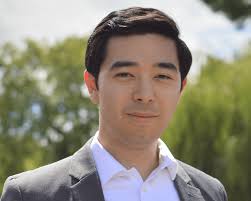
Troubled: On Family, Foster Care, and Social Class
Rob Henderson
Author and journalist
Friday, December 13 at 3:30 p.m.
Ruane Center for the Humanities 105
A former foster youth with degrees from Yale and Cambridge shares his reflections on upward mobility. More information about Rob Henderson and his work can be found here.
This presentation is made possible through the support of a grant from Wake Forest University and the Lilly Endowment, Inc. The opinions expressed at this event are those of the speaker and do not necessarily reflect the views of Wake Forest University or the Lilly Endowment, Inc.
Read more about this event.
Rob Henderson grew up in foster homes in California. After working as a busboy, a dishwasher, and supermarket bagger, he joined the Air Force at the age of 17. He then obtained a B.S. in Psychology from Yale (thanks to the G.I. Bill) and a Ph.D. in Psychology from the University of Cambridge (St. Catharine’s College), where he studied as a Gates Cambridge Scholar. Henderson is a columnist at The Free Press and The Boston Globe, and has written for the New York Times and the Wall Street Journal, among other outlets. His debut book Troubled: A Memoir of Foster Care, Family, and Social Class is a National Bestseller.





